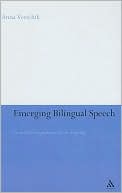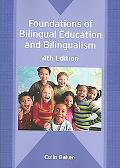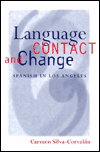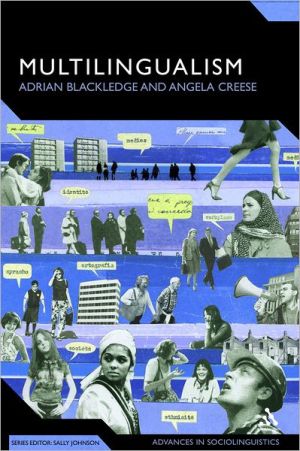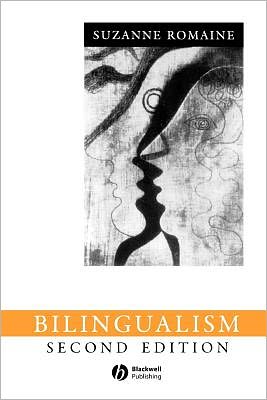Emerging Bilingual Speech: From Monolingualism to Code-Copying
Search in google:
This monograph offers a new perspective on how a previously monolingual community of Russian-speakers in Estonia is rapidly becoming bilingual after the end of the Soviet occupation in 1991. The contact-induced change in Russian under the growing impact of Estonian is analyzed in the theoretical framework of code-copying. The changes in linguistic behavior of the speakers are often a result of intentional cultivation of non-monolingual communication strategies and go hand in hand with the development of a new identity: Estonian Russians.
List of AbbreviationsTransliteration of Russian1 Theoretical background: combining structural and sociolinguistic factors 11.1 Defining the approach: three oppositions 11.2 What determines CILC? Structural vs. sociolinguistic factors 21.3 Macro vs. microsociolinguistics 131.4 Established vs. emergent bilingualism 191.5 In search of a model 232 Emerging multilingual communication: Russian in Estonia, Russian and Estonian, Estonia's Russian 252.1 A brief sociolinguistic history 252.2 Growing heterogeneity among Russian-speakers 312.3 Emerging bilingual communication 403 Code-copying framework and copiability 483.1 General considerations 493.2 Terms and concepts 583.3 What is copied most? Attractiveness and salience 893.4 Borrowability and copiability 923.5 Conclusions 1044 Case studies in code-copying 1064.1 Copying in Estonia's Russian: a general overview 1064.2 Chronology of copying and Wertheim's three-stage model 1124.3 Compound nouns 1184.4 Copying of analytic verbs 1354.5 Copying of discourse-pragmatic words 1514.6 Summary 1695 Code-copying and patterns of bilingual communication 1715.1 Jocular relexification 1725.2 "Market discourse" 1815.3 Graphic properties and their copying 1895.4 Summary 2006 Conclusions 202Bibliography 219Index 239
